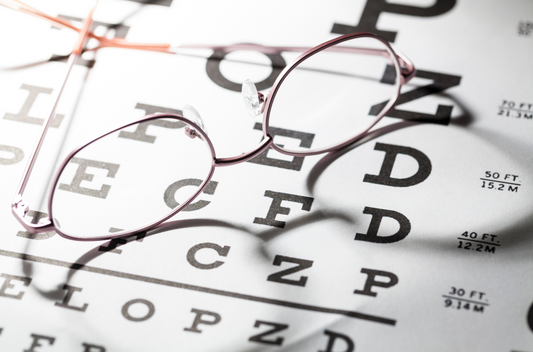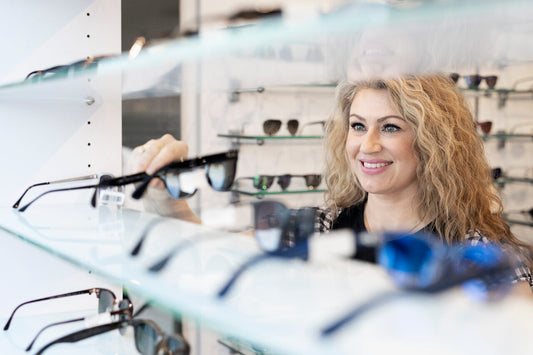What do your eyes do while you’re dreaming?
So how does shut-eye impact eye health? Scientific research has reiterated that a lack of sleep can negatively impact vision, and to that effect, a good night’s rest can do just the opposite.
It’s no wonder that sleep deprivation often manifests in puffy eyes, drooping eyelids and dark circles. But the truth is, a poor sleep schedule impacts far more than the physical appearance of our eyes. It can also hinder their ability to heal and function properly.
We’re exploring the connection between sleep and sight, and the ways in which you can support your eye health by simply by getting the right amount of shut-eye every night.
The impact of sleep deprivation on eye health
Overnight, our bodies replenish their natural tear supply, which is key to staving off dry eye. Plus, like other major organs, sleep also offers essential time for healing and regenerating. A lack of sleep can spur a slew of eye-related symptoms, including:
● Dryness
● Itchiness
● Redness
● Eye twitching
● Blurred vision
● Sensitivity to light
Of course, a night of tossing and turning happens to all of us from time to time, but serious sleep deprivation can cause ongoing eye problems with possibly long-term side effects.



